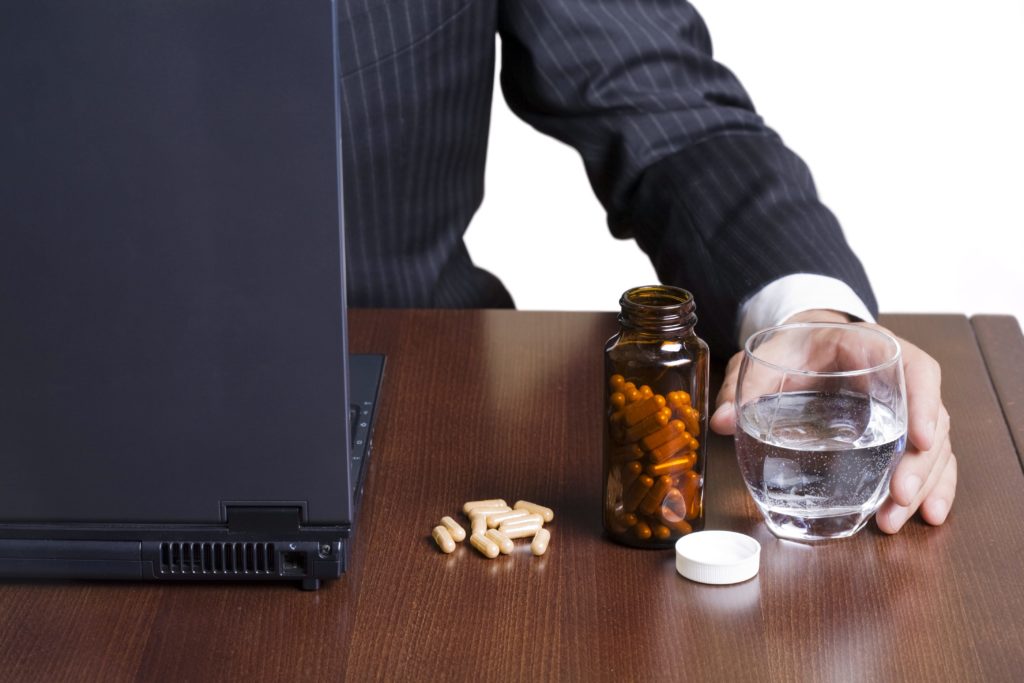Despite the narrative that once someone with a substance use disorder gets sober, they must remain that way forever, recovery is not so linear. Most people who become sober after battling substance use disorders end up relapsing within the first three months to a year. This is not a failure. This is a common part of recovery. What’s important is knowing what to do after a relapse.
If you or someone you love is struggling with steps to take after a relapse, contact us at 17135283709 to learn about our aftercare programs, which can help you keep going when things are difficult.
What to Do After a Relapse
First, it’s important to remember that relapse is not failure. It is a common part of recovery and can be very discouraging. After a relapse, it’s important to talk honestly about what led up to the relapse and what could have been done differently, so you don’t make the same mistakes in the future.
Common causes of relapse include triggers such as:
- Stress
- Depression
- Feeling overwhelmed or alone
- Boredom
- The presence of other people using alcohol or drugs
By identifying what caused you to relapse, you can work on avoiding these triggers in the future.
It is also essential to reflect on what worked well during your recovery. Remember what coping strategies and self-care practices you found successful, what support systems helped you stay sober, what goals you set for yourself and what worked well in achieving those goals.
Reach out to your friends and family who have been supportive during this recovery. They can remind us that we are capable and strong and can get through this. Contact your doctor, therapist, or support group and seek professional help.
Finally, remember that relapse doesn’t mean the end of recovery, and there is hope for change. You can pick up where you left off in recovery with continued dedication and hard work.
What Causes Relapse?
Addiction relapse is generally considered a return to a previous pattern of substance use. Many individuals who relapse have a notable decrease in cognitive vigilance of high-risk situations from their first use of the substance to subsequent relapse.
Conversely, people with excellent self-efficacy can cope with high-risk situations and maintain abstinence. Recent research indicates a gene-environment relationship in context with biological and psychosocial factors causes relapse vulnerability.
The National Institute on Drug Abuse (NIDA) identifies psychological and environmental factors that can increase the risk of relapse. These include mental health issues such as anxiety and depression, stress from relationships or work, friends and family who use drugs, access to drugs and alcohol, or returning to environments or activities associated with drug use.
Some causes of relapse include the following:
- Individual traits
- The type of drug
- Environmental triggers (e.g., drug cues)
- Interpersonal reasons
- Diminished self-efficacy
- Physiological states (e.g., acute withdrawal)
- Negative mood states (e.g., anger, anxiety, depression, frustration, and boredom)
- Co-occurring disorders
- External pressures
- Craving (desire to use the drug)
- Lack of family support
It’s essential to recognize what caused the relapse and what steps to take after a relapse.
Steps to Take After a Relapse
If you have relapsed, it is vital to take steps right away to get back on the path toward recovery.
First and foremost, seek professional help if necessary. Reach out to your therapist or doctor for support in managing addiction and mental health concerns. You may also consider attending a 12-Step program or other forms of support group.
Practicing self-care and activities that bring peace, joy, and relaxation are also important. Take time for yourself to rest and recharge. Also, engage in healthy hobbies such as exercise, yoga, or meditation, which can help relieve stress and anxiety.
Ultimately, remember that relapse does not define who you are or your journey to sobriety. You can still be successful on the path of recovery even if a lapse did occur; it is possible to remain sober no matter what came before. Through commitment and diligence, achieving sobriety is within reach.
Learn What to Do After a Relapse with Right Step
If you or someone you love is seeking help after a relapse, contact us at 17135283709 to learn about our recovery programs.






